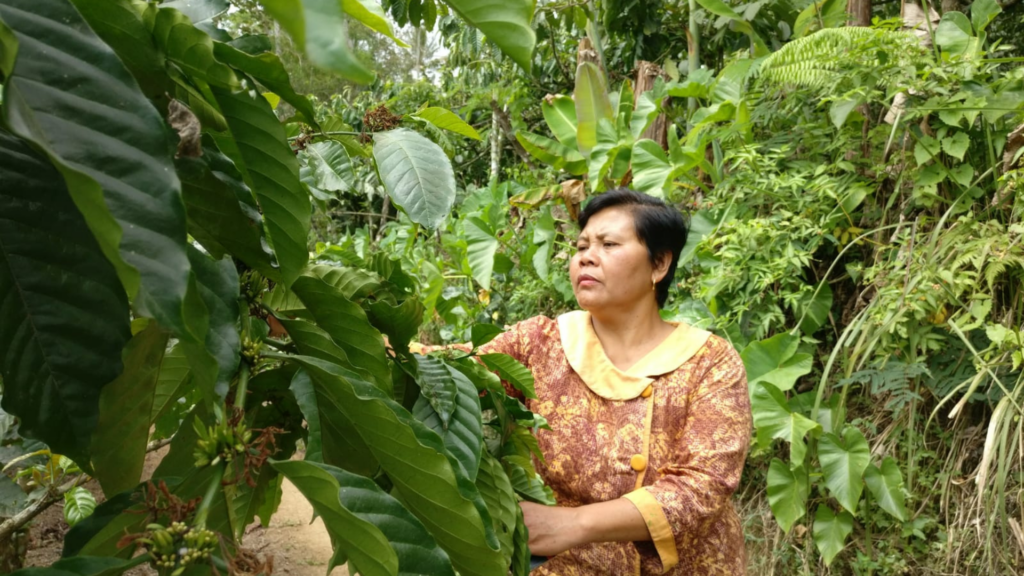Social Responsibility Services
Gender Equality
Gender Equality in Coffee and Cocoa Production
The 4C certification system plays a vital role in promoting gender equality by establishing standards and practices that uplift women in the coffee industry.
Gender equality is a fundamental goal for sustainable development and is especially critical in the agriculture sector, where disparities between men and women can significantly impact productivity and community well-being. In coffee and cocoa production, like many other agricultural activities, women often face systemic barriers that limit their access to resources, decision-making positions, and economic opportunities.
Gender equality is not just a moral imperative but also a practical necessity for sustainable development in the coffee and cocoa industry.

Challenges to Gender Equality in Coffee and Cocoa Production
In many coffee and cocoa producing regions, women contribute significantly to farming work but disproportionately lack ownership of land, access to education, and representation in leadership roles.
These inequalities are exacerbated by traditional gender roles that dictate the division of labour and control over resources. Consequently, women have less access to critical inputs like financing and training, which are essential for improving productivity and securing a stable income.

By promoting equal rights, equitable access to resources, decision-making roles, and economic opportunities, 4C is helping to transform the landscape of the coffee industry into one that is more inclusive, productive, and sustainable.
These efforts not only benefit women but also strengthen the entire coffee and cocoa value chain, contributing to a more resilient and equitable global market.
4C’s Commitment to Promoting Gender Equality
Through its comprehensive certification standards, particularly the Advancing Equity, Empowering Women Add-On, 4C is making significant strides in breaking down the barriers that women face in coffee and cocoa production.
The 4C Code of Conduct includes specific provisions that promote gender equality within the coffee sector. The code stipulates that certified entities must not only prevent discrimination but actively promote equal opportunities for men and women. This includes access to training, resources, and support that are often less accessible to women. By setting these standards, 4C ensures that gender equality is not just an ideal but a practical reality within certified operations.
Recognizing the need for targeted equity action, 4C developed the Advancing Equity, Empowering Women Add-on, a framework specifically designed to address gender disparities in coffee and cocoa production. This Add-On provides guidelines and tools for Managing Entities (ME) and Business Partners (BP) Producers to enhance women’s participation and leadership in the coffee sector. It focuses on improving access to resources, increasing female participation in decision-making processes, and ensuring that women benefit equally.
Education and training are critical tools for empowering women in the coffee and cocoa industry. 4C facilitates access to agricultural training, financial literacy programs, and leadership workshops that are designed to equip women with the skills needed to advance their careers and improve their farming practices. These training programs are tailored to address the unique challenges faced by women in coffee and cocoa production, ensuring they receive the maximum benefit from educational opportunities.
4C actively engages in advocacy to raise awareness about the importance of gender equality in coffee and cocoa production. This includes working with local communities, governments, and international bodies to promote policies that support gender equality. These efforts also involve mobilizing community support for women’s rights in agricultural areas, ensuring that gender equality initiatives are supported at all levels of society.

These efforts not only benefit women but also strengthen the entire coffee and cocoa value chain, contributing to a more resilient and equitable global market.

Further Information